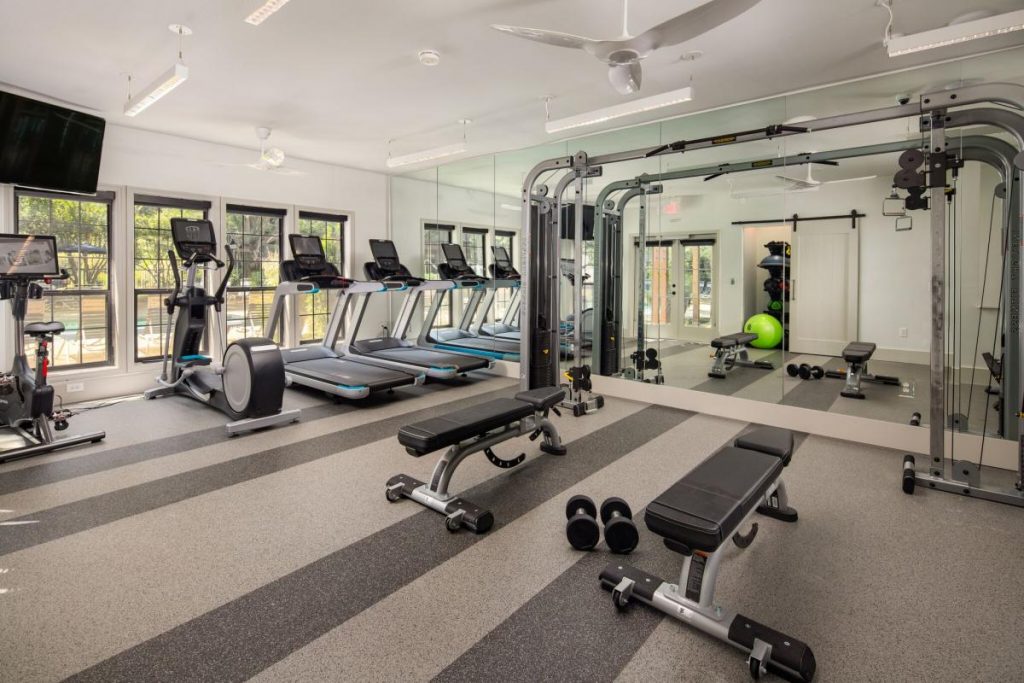
The stereotype that Jews are wealthy–or at least comfortably middle class–has long ignored the truth that many are struggling to get by. According to Rabbi Ilan Feldman, leader of Congregation Beth Jacob, a grand shul at the center of the community, 100 of the 600 families living here are on federal or local assistance, a number that has risen gradually but consistently since 2010. And for residents of Toco Hills, where housing costs have climbed even as the recession has lowered people’s incomes and reduced their savings–and many breadwinners have lost their jobs–the costs have become a major burden. But those costs have risen dramatically in recent years. But that façade of comfortable prosperity masks economic issues that have squeezed this neighborhood in the wake of the Great Recession.įor Orthodox Jews everywhere, the cost of being observant has always been high day schools, kosher food, and housing have always been expensive. This pleasantly wooded neighborhood, where twisting sidewalks line streets with seemingly ironic names like Christmas Lane and Reindeer Drive, appears to have escaped the blight affecting other parts of urban Atlanta. Silverstein and her guests live in Toco Hills, a Modern Orthodox enclave nestled near the edge of Midtown Atlanta. Over dinner, they talk about matters both religious and secular.

Then guests arrive for dinner, fellow Orthodox Jews dressed in black hats and headscarves, greeting her warmly at the door.

Gathering her daughters beside her once the cooking and cleaning are done, she lights a set of white candles and covers her eyes as the daylight fades, welcoming Shabbat with a blessing in Hebrew.

Every Friday, Tzivia Silverstein races against the sunset, cleaning her small apartment and cooking a Shabbat meal at the same time so that everything is finished before nightfall.


 0 kommentar(er)
0 kommentar(er)
